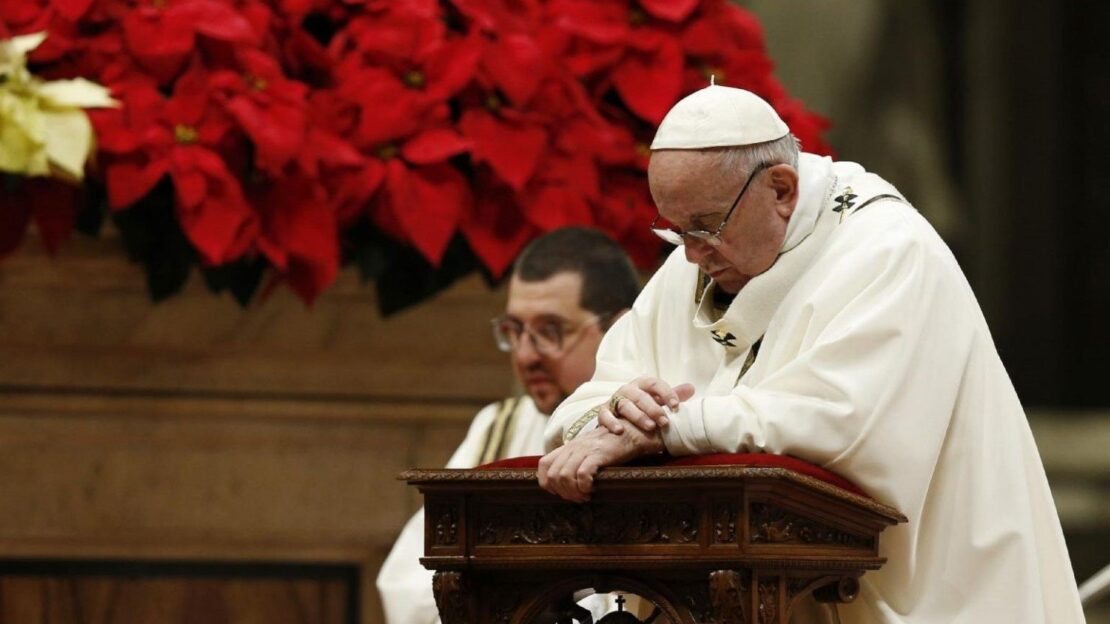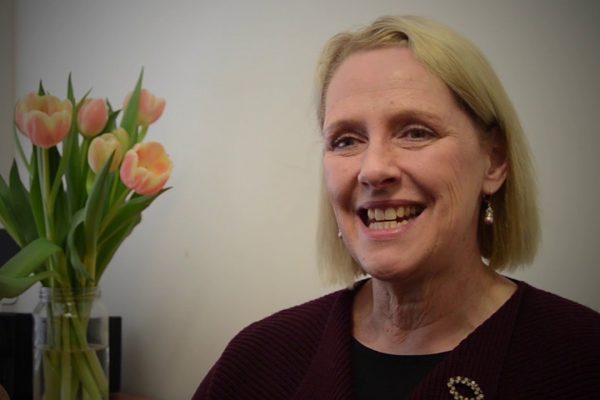I noted in the first essay that a talk delivered in October by Cardinal Luis Tagle is the inspiration for these short articles.
The cardinal presents the thought of Pope Francis on the respective dangers for politics and the common good of both populism, through which the leader’s urge for power exploits a people’s culture, and neoliberalism, through which the market increasingly drives decisions (Fraternity paragraphs 159 and 166 respectively).
Acknowledging that “men and women are capable of coming up with shared goals that transcend their differences and can thus engage in a common endeavour” (Fraternity paragraph 157), Francis bases the term “(a) people” in “shared identity arising from social and cultural bonds” (Fraternity paragraph 158).
Australians celebrate this phenomenon with the annual ANZAC commemoration. Older generations recall the enrichment of our nation through the transformation of the attitude of suspicion to one of welcome shown to our immigrants since the end of the Second World War. Migratory movements are a current challenge, as Francis stressed in his visit to Greece last weekend.
By contrast, when leaders’ efforts to unite a people in pursuit of the common good degenerate into the pursuit of leaders’ personal advantage we witness the pernicious politics of ‘populism’ (Fraternity paragraph 159). Helping the poor financially is only a provisional solution because the objective should be to make resources available that will enable growth by one’s own efforts (Fraternity paragraphs 161-2).
It is clear that the Pope views the social good of a people through the prism of the experience of the poor. He looks through the same prism in his evaluation of neoliberalism.
A “proactive economic policy … (promotes) … diversity in production and creativity in business enabling jobs to be created” (Fraternity paragraph 168). Citing Pope Benedict XVI (Encyclical Letter Doing the Truth in Charity paragraph 35), Francis asks that the market become an expression of solidarity and mutual trust, rather than being driven by speculation aimed at quick profit.
We who live in one of the liberal economies need the “ability to see the need for a change of heart, attitudes and lifestyles” to transform an “individualistic and uncritical culture subservient to unregulated economic interests” (Fraternity 166).
Cardinal Tagle concluded the talk by presenting the Pope’s proposal for building peace, namely, truth, dialogue and forgiveness.
In chapter eight, the Pope cites his 2015 address to the United Nations Organisation. To prevent war and to make possible integral human development, the uncontested rule of law and tireless recourse to negotiation, mediation and arbitration are needed (Fraternity paragraph 257). In the next paragraph, Francis refers to the teaching of the Catechism of the Catholic Church (paragraph 1309) that there are “rigorous conditions of moral legitimacy” for war, lest “evils … graver than the evil to be eliminated” are the result.
In the previous chapter seven, the Pope laid out a framework that could minimise recourse to war.
“Those who were enemies have to speak from the stark and clear truth” (paragraph 226). Respect for historical truth is a precondition for understanding each other. Truth, justice and mercy are all necessary if the telling of truth is to lead, not to revenge, but to reconciliation and forgiveness (paragraph 227).
The problems in society need to be identified, different ways of understanding need to be acknowledged. Francis recommends that we acknowledge “the possibility that others have, at least in part, a legitimate point of view” (paragraph 228) and cites the experience of the South African bishops “Peace will be achieved through dialogue” (paragraph 229).
There is an “art” of peace, of placing reason above revenge, involving ordinary people who become an effective leaven by the way each one lives each day (paragraph 231). From family life, Francis offers a touching analogy of this challenge to the nations: “Everyone works for the common good, not denying each person’s individuality but encouraging and supporting it. They may quarrel … (but) family disputes are always resolved afterwards. … If only we could view our political opponents or neighbours in the same way” (paragraph 229).
Many see no place for forgiveness or reconciliation, which is to them “a sign of weakness … they choose to avoid problems by ignoring injustices” (paragraph 236), whereas, for Christianity, these are central themes.
Jesus never promoted violence or intolerance. In the face of enmity or misunderstanding, the first Christian communities “show unfailing patience, tolerance and understanding” (paragraphs 238-239). St John Paul II observed that, in facing conflicts, Christians must often take a position. Loving an oppressor is not a form of acceptance of injustice, but it means that we seek “ways to make him cease his oppression” (paragraphs 240-241). Not to fuel anger, not teaming up to exact revenge are crucial restraints, for “goodness shows its strength by refusing … revenge” (paragraph 242-243).
The principle that “unity is greater than conflict” enables friendship in society. This is not syncretism, but a resolution that “preserves what is valid … on both sides” (paragraph 245). Nor, lest they be repeated, does it exclude remembering past injustices. “Those who truly forgive … choose not to yield to the same destructive force. … They break the vicious circle” (paragraphs 247-251).
In conclusion, although these two Encyclical Letters, Care for our Common Home (Laudato Si’) and On Fraternity and Social Friendship (Fratelli Tutti), treat matters of great complexity for world development and peace, I noted some useful and encouraging applications in the encyclicals that each of us can make in our own community and in our personal lives. One such application would be the place of prayer, perhaps weary prayer, which irrigates our heart and soul to put forth new growth. In this Sunday’s liturgy, we hear God’s promise through the prophet Zephaniah:
“The Lord will exult over you,
He will renew you by his love;
He will dance with shouts of joy for you
As on a day of festival.”
By Michael McEntee, retired parish priest.




Comments
Add Comment